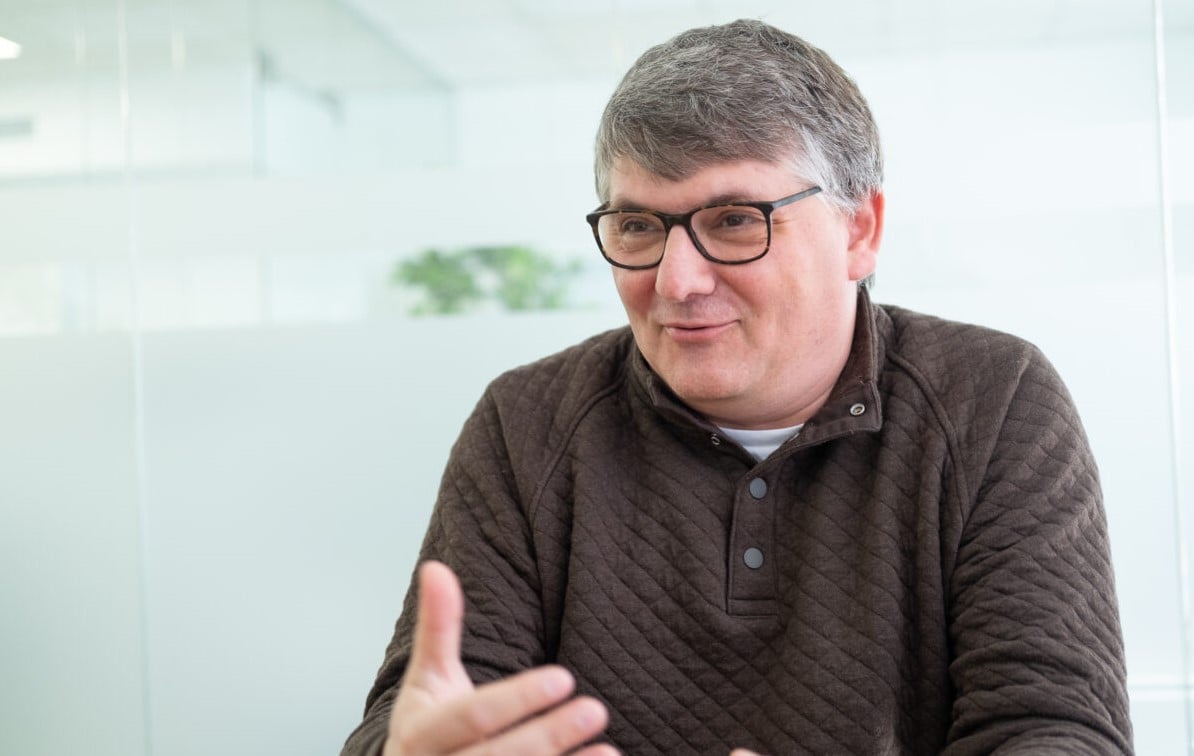ARTICLE AD BOX

- Jordi Baylina built Polygon zkEVM with a strong focus on decentralization and transparency, rejecting centralized layer 2 solutions.
- For Jordi, decentralization is a life philosophy shaped by Catalonia’s political climate, not just a tech ideal.
It’s hard to imagine the Ethereum ecosystem today without mentioning Jordi Baylina. Not because he’s flashy or a big-screen personality, but because his footprint is in nearly every corner of the ZK-rollup world. While other crypto projects are busy promoting themselves on X, Jordi is busy writing code to accelerate the future.
Jordi Baylina: From Engineering Classrooms to Ethereum’s Core Layers
He doesn’t come from a “crypto” background. Baylina studied communications engineering in Spain and went on to do an MBA. But like many cold-blooded engineers, his life changed when he fell in love with the idea of decentralization.
Since then, he has been behind projects that have become the foundation of the Ethereum ecosystem today—from the DAO fundraising event to the development of the DAppNode Giveth and the digital identity project iden3.
But perhaps most strikingly, he built Hermez. At a time when many were complaining about Ethereum’s high gas fees, Jordi chose to build a solution.
Hermez, which started out as an independent ZK-rollup project, was eventually acquired by Polygon for around $250 million. Instead of retiring or basking in the spotlight, Jordi has folded his sleeves and is driving Polygon zkEVM development from the inside.
When Technology and Personal Beliefs Collide
Interestingly, Jordi’s drive to build a decentralized system is not just about technology. He is a strong advocate for self-determination for his native Catalonia. His views on identity and personal sovereignty have shaped the way he thinks about blockchain and privacy.
Behind the scenes, he’s helped develop tools like Circom and SnarkJS that are the foundation of Polygon ID—one of the most serious projects in the self-identity space.
Imagine someone who not only believes that everyone has a right to their own identity, but also writes the systems that make it possible. In a world increasingly obsessed with the collection of personal data, Jordi’s approach can feel like an anomaly. But that’s precisely why he’s revered, even by people who don’t always agree with him.
When Polygon’s zkEVM officially launched and Vitalik Buterin made the first transaction on the network, Jordi didn’t seem too busy celebrating. He was more interested in how the system could make Ethereum faster and cheaper without sacrificing security.
He calls 2024 the year of the “ZK-rollup explosion,” not because he wants to hype himself up, but because he knows that years of hard work have finally come to a point worth bragging about.
He makes the occasional conference appearance, but his social media feeds are more filled with code and technical thinking than motivational rhetoric. And maybe that’s what sets him apart. In an industry often filled with empty promises and buzzwords, Jordi Baylina stands as proof that building is more important than talking.
.png)
 1 day ago
2
1 day ago
2








 English (US)
English (US)